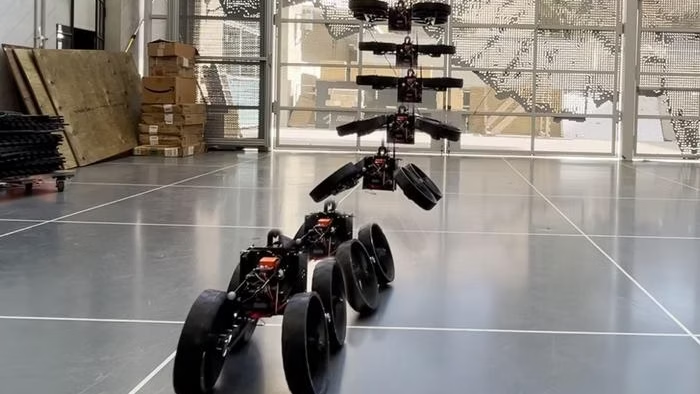From Superinnovators 02/11/23. This article is in TLDR (Too Long Didn’t Read) format which is popular in the innovation community and provides a bullet summary of information.
- Introduction: HomeBiogas, founded in 2012, offers biodigesters that convert food waste and/or animal manure into biogas and liquid fertiliser. Launched in 2016, these systems are designed for home use, promoting sustainability and waste reduction. The UN has already put an order in to use the systems to treat organic waste in refugee camps across Africa.
- Understanding biogas: It is produced through anaerobic digestion, where microorganisms break down organic matter in an oxygen-free environment. It primarily consists of methane and carbon dioxide and can be used for cooking, heating, and electricity generation.
- Six litres of waste per day: HomeBiogas biodigesters are first activated using animal manure and water to create bacteria needed decompose organic matter for years. They can process up to 6 litres of food waste or 15 litres of animal manure daily.
- Six hours of cooking gas: The system produces 2-6 hours of cooking gas depending on size of model and yields nutrient-rich liquid fertilizer. The three models range from 975 to $1,775. The largest saving the equivalent of 6 tons of CO2 per year.
- Environmental impact: Decomposing organic waste gives off biomethane which has more than 80 times the warming power compared with CO2. Capturing and burning biomethane via a HomeBiogas device produces CO2 and water, helping to reduce warming. Carbon is removed from the atmosphere and fixed in food as it grows, so overall, burning biomethane is a sustainable, circular and carbon-neutral process.
- Adapting to colder climates: The HomeBiogas Booster Kit is designed to optimize biogas production in colder climates. It includes insulation and heating elements to maintain optimal temperatures for biogas production throughout the year.
- A step towards sustainability: HomeBiogas systems allow households to contribute to a sustainable future by transforming waste into valuable resources, such as biogas and bio-fertilizer, promoting responsible resource usage and environmental conservation







